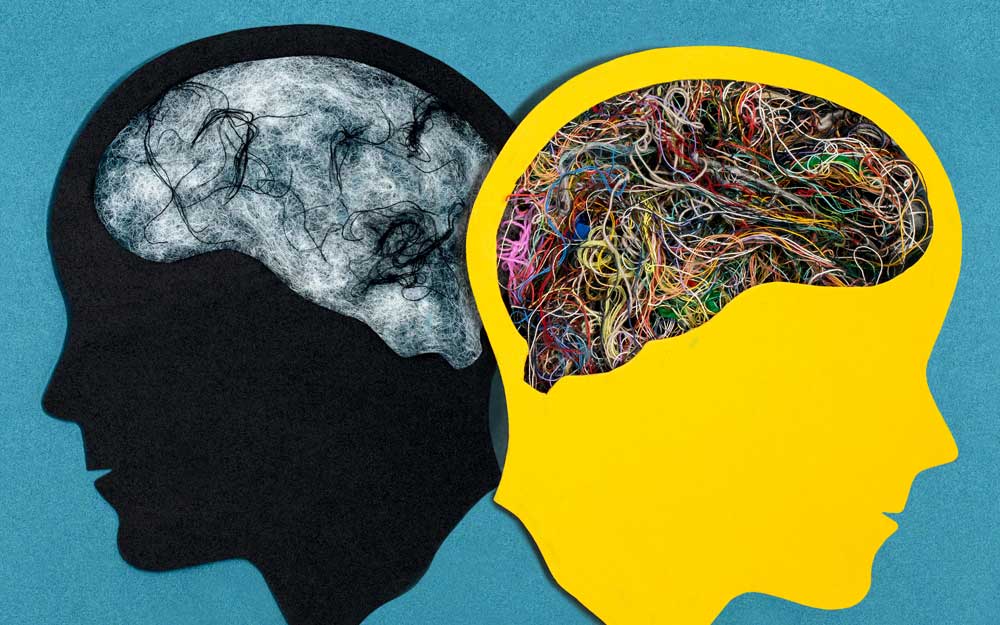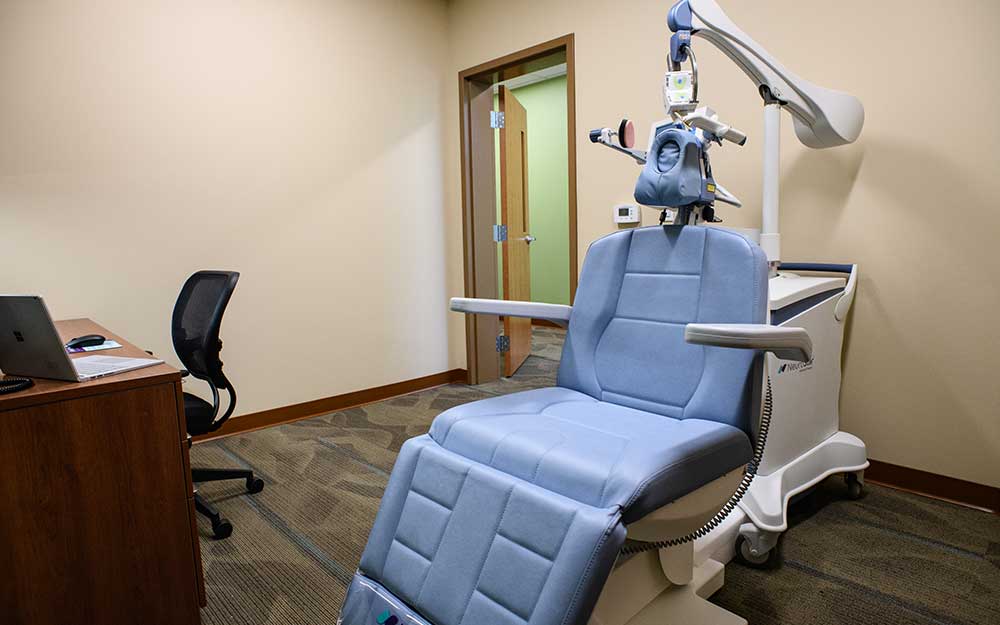
Self-care and compassion tips for parents of children with ASD
Studies show that parents of children with ASD are at risk for a lower quality of life if they don’t take time to practice self-care and compassion.
Contact Us • Careers • Refer a Patient • Donate • Blog

Studies show that parents of children with ASD are at risk for a lower quality of life if they don’t take time to practice self-care and compassion.

What qualifies as panic disorder? Does having a panic attack mean you have panic disorder? What does a panic attack feel like?

It can be scary and overwhelming when a loved one is experiencing a relapse, whether early or long into their recovery. Michelle Maloney, PhD, director of addiction programing at Rogers, notes that relapse is not a sign of failure. She offers some tips for how you can show support for someone who is experiencing a relapse.

The drive for success is affecting children at an increasingly early age with young people feeling the pressure to achieve better grades, excel on standardized college admission tests, and outperform their peers, whether it be in academics or athletics. All that can add up to stress and anxiety, even for high-performing students.

Affecting nearly 4% of adults, bipolar disorder is marked by dramatic shifts in mood, energy, and activity levels that prevent a person from participating in typical daily tasks.

Snapchat. Instagram. Facebook. There are endless ways for today’s teens to stay connected. Ask any parent and they’ll tell you social media plays a huge role in their teens’ lives.

When antidepressant medication has proven ineffective, transcranial magnetic stimulation may be a solution for those who have been diagnosed with major depressive disorder (MDD).

Rogers’ Dr. Michelle Maloney discusses how smartphones can help support addiction recovery.

According to the U.S. Census Bureau, people of Hispanic origin are the nation’s largest ethnic population, with South Florida and specifically Miami-Dade County being one of the top ten regions with the largest populations of Hispanic residents.

Interventions can be highly effective tools to help someone with a substance use disorder, though planning one on your own can be overwhelming. Rogers’ Dr. Michelle Maloney offers five tips for holding an effective intervention.